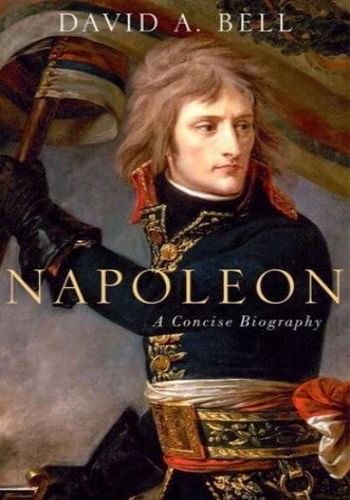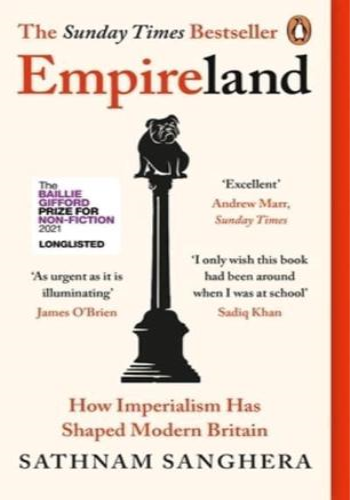Chapter 1: The Origins of Napoleon
* Explores Napoleon's childhood and family background in Corsica.
* Highlights his early education and military training.
* Provides a context of the French Revolution and the rise of Napoleon's military career.
Real Example: Napoleon Bonaparte was born in Ajaccio, Corsica, on August 15, 1769. His father, Carlo, was a lawyer and his mother, Letizia Ramolino, was known for her strong will and determination. Napoleon attended military school in Brienne-le-Château and later in Paris, where he excelled in mathematics and artillery.
Chapter 2: The Italian Campaigns
* Describes Napoleon's victories in Italy and his rise to prominence.
* Analyzes his military tactics and strategies.
* Explores the impact of his campaigns on the Italian political landscape.
Real Example: In 1796, Napoleon was appointed commander of the French army in Italy. He led his troops to a series of stunning victories against the Austrian and Sardinian armies. His innovative use of artillery and the "Grand Battery" tactic proved decisive. Napoleon's campaigns liberated northern Italy from foreign rule and established the French Republic as a major European power.
Chapter 3: The Egyptian Expedition
* Discusses Napoleon's ambitious expedition to Egypt.
* Analyzes his motivations and the political implications of the campaign.
* Explores the cultural and scientific contributions of the expedition.
Real Example: In 1798, Napoleon led an army of 35,000 men to Egypt. His aim was to disrupt British trade routes to India and establish a French presence in the Middle East. Although the expedition initially met with success, Napoleon's forces were defeated at the Battle of the Nile by the British navy. The campaign also exposed the limits of French military power and weakened Napoleon's position back in France.
Chapter 4: The Return to Power and the Consulate
* Examines Napoleon's return from Egypt and his rise to power as First Consul.
* Analyzes the political and social reforms he implemented during the Consulate.
* Explores the factors that contributed to the stability and growth of France under Napoleon's rule.
Real Example: After returning from Egypt, Napoleon played a crucial role in the coup of 18 Brumaire, which overthrew the Directory and established the Consulate. As First Consul, Napoleon implemented a series of reforms, including the creation of the Napoleonic Code, the establishment of the Bank of France, and the reorganization of the French educational system. These reforms laid the foundation for a period of stability and economic growth in France.
Chapter 5: The Empire and the Napoleonic Wars
* Summarizes Napoleon's coronation as Emperor and his subsequent expansionist policies.
* Analyzes the major battles and campaigns of the Napoleonic Wars.
* Explores the impact of Napoleon's wars on Europe and the wider world.
Real Example: In 1804, Napoleon crowned himself Emperor of the French. He embarked on a series of aggressive wars, seeking to expand French territory and influence across Europe. Napoleon's victories at Austerlitz, Jena-Auerstedt, and Wagram established French dominance over much of the continent. However, his defeat in the Peninsular War and the disastrous invasion of Russia in 1812 marked the beginning of his downfall.







